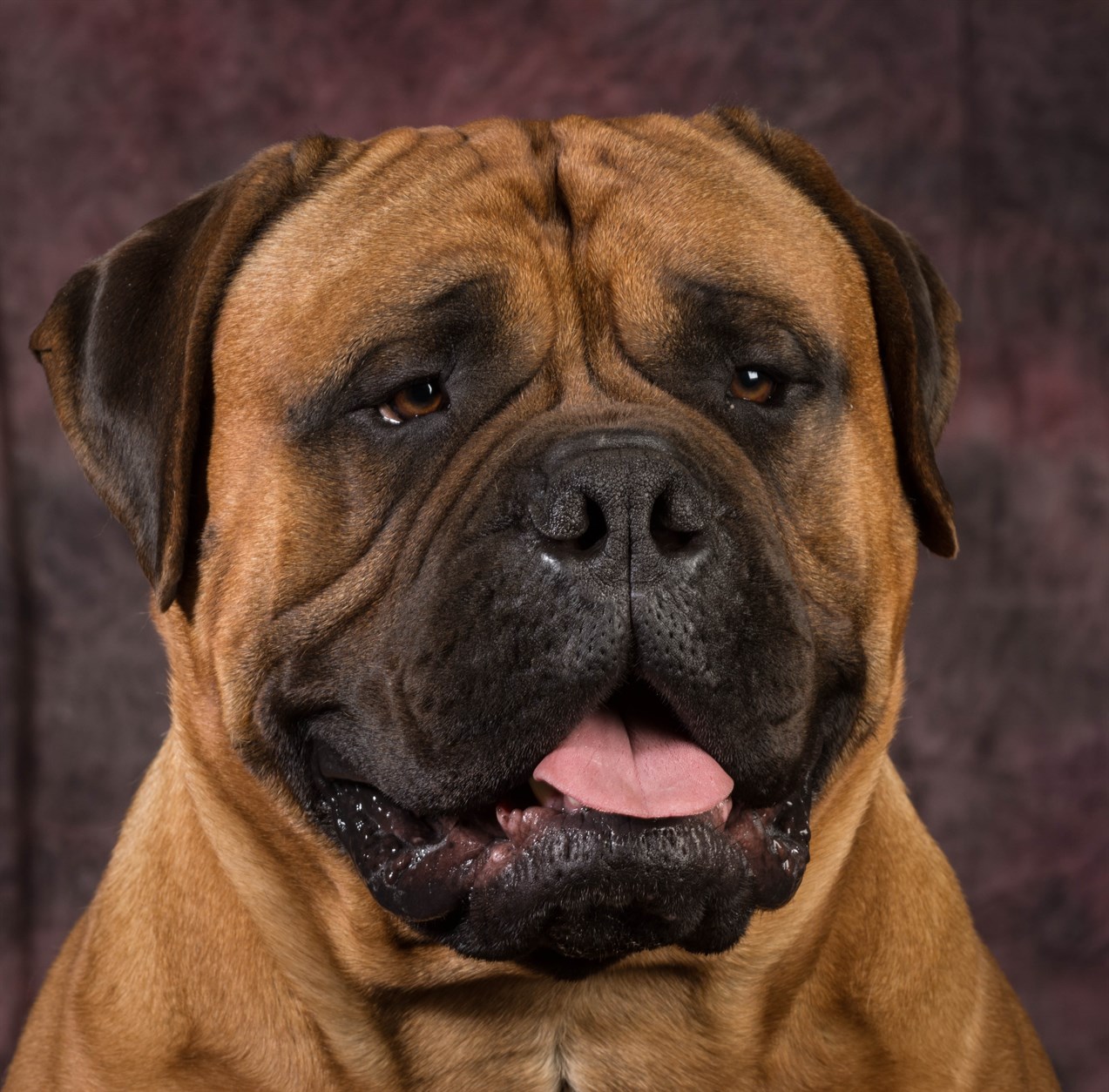Downsides or Disadvantages of Owning a Bullmastiffs

While Bullmastiffs make wonderful companions for the right owners, it's important to be aware of their weaknesses and potential disadvantages before bringing one into your home. Understanding these aspects of the breed can help you make an informed decision about whether a Bullmastiff is the right fit for your lifestyle and needs. Here are some of the weaknesses and disadvantages associated with Bullmastiff ownership.
What are the weaknesses of a bullmastiff?
- Size and Strength: Bullmastiffs are a large and powerful breed, which can be challenging for some owners to manage, especially if they are not experienced with large dogs. Their strength can make it difficult to control them if not properly trained.
- Exercise Requirements: While not highly active, Bullmastiffs still require regular exercise and mental stimulation to prevent boredom and potential behavioural issues. Failing to meet their exercise needs can lead to obesity and other health problems.
- Grooming Needs: Despite their short coat, Bullmastiffs do shed and require regular grooming to minimise shedding and maintain coat health. Additionally, they are prone to drooling, which can be a downside for those who prefer a cleaner environment.
- Health Concerns: Bullmastiffs are prone to certain health issues, including hip and elbow dysplasia, bloat, heart problems, and cancer. Veterinary care and potential medical expenses should be considered.
- Socialisation and Training: Proper socialisation and training are crucial for Bullmastiffs. Without early and consistent training, they may exhibit undesirable behaviours or become overly protective or aggressive.
- Protective Nature: While their protective instincts can be an asset, Bullmastiffs can become overly protective if not properly socialised and trained. This can lead to issues with strangers or other dogs.
- Heat Sensitivity: Bullmastiffs are sensitive to hot weather due to their short noses, making them prone to heat-related illnesses. Care must be taken to ensure they stay cool and hydrated during hot months.
- Space Requirements: Due to their size, Bullmastiffs are not well-suited for small living spaces like apartments. They require a spacious environment with access to a yard for exercise and exploration.
- Shorter Lifespan: Bullmastiffs have a shorter lifespan compared to smaller dog breeds, which means owners may have to deal with their ageing and potential health issues at an earlier stage.
- Drooling: Bullmastiffs are known for their drooling tendencies, especially after eating or drinking. This can be a drawback for individuals who prefer a clean and dry living space.
In summary, Bullmastiffs are a wonderful breed with many positive qualities, but potential owners should be aware of their weaknesses and disadvantages. Ownership requires commitment to proper training, socialisation, exercise, grooming, and healthcare. It's essential to assess whether your lifestyle and preferences align with the needs of this breed before bringing a Bullmastiff into your home.
Bullmastiff puppies for sale
- Find Bullmastiff puppies for sale in ACT
- Find Bullmastiff puppies for sale in NSW
- Find Bullmastiff puppies for sale in NT
- Find Bullmastiff puppies for sale in QLD
- Find Bullmastiff puppies for sale in SA
- Find Bullmastiff puppies for sale in TAS
- Find Bullmastiff puppies for sale in VIC
- Find Bullmastiff puppies for sale in WA